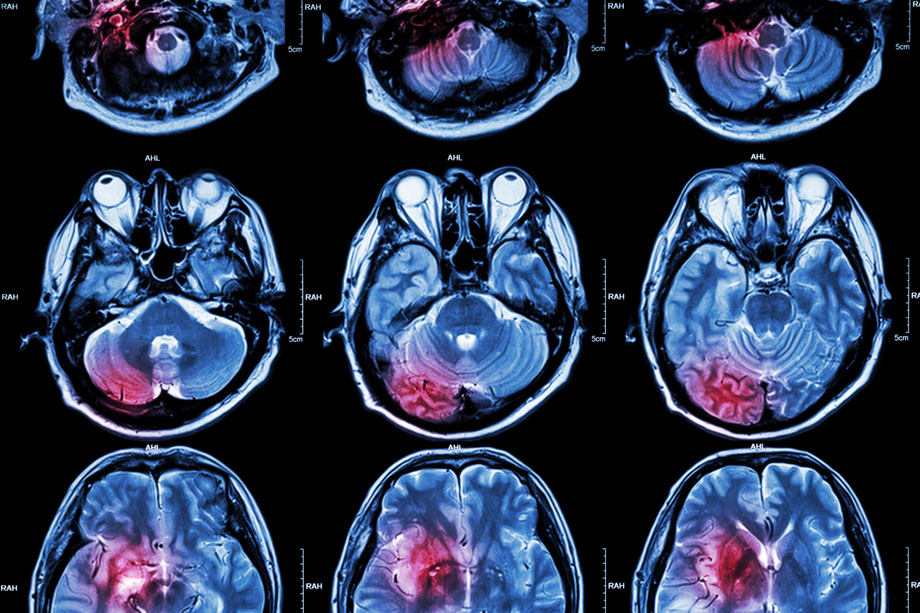
Please note, header image is purely illustrative. Source: Stockdevil, Adobe Stock.
Background
Radiopharmaceuticals are agents which enable non-invasive patient diagnosis and personalized therapeutic intervention strategies. Radionuclides used in nuclear medicine applications must be purified after nuclear synthesis to separate them from the target material. Radioisotopes used in radiopharmaceutical production often have short half-lives, and require fast, simple and modular synthesis methods to produce the target with high yield, purity, and molar activity. However, current radiosynthesis strategies are time-consuming, multi-step processes which often leads to the decay of a significant amount of the radionuclide before it can be used. There remains a need for improved radiosynthesis strategies which can condense the steps required to prepare radiopharmaceuticals in a more rapid, clean fashion than existing methods.
Technology
The Boros Lab has developed a solid-phase, concerted separation and radiosynthesis strategy with photochemical release of radiotracers in biocompatible solvents to prepare injectable radiopharmaceuticals. This Solid Phase Radiometallation Photorelease (SPRP) method involves the selective capture of the radionuclide by a solid-phase appended peptide chelator conjugate, allowing for simultaneous radiochemical labeling and selective removal of excess trace metal impurities from large stock volumes. Photochemical release provided radiopharmaceuticals with >95% radiochemical purity and excellent in vivo performance in a preclinical mouse model. SPRP has the potential to accelerate and simplify selective metallation beyond the radiochemical synthesis of radiopharmaceuticals, and provide a versatile platform technology for the development of a large class of metal-based pharmaceuticals
Advantages
Production of larger dose quantities - Faster production - Simultaneous radiochemical labeling and purification.
Application
Production of ready-to-inject target radiopharmaceuticals. Cancer diagnosis and treatment.
Inventors
Eszter Boros, Assistant Professor, Chemistry
Dariusz Śmiłowicz, Postdoctoral fellow, Chemistry
Licensing Potential
Development partner - Commercial partner - Licensing
Licensing Status
Available
Licensing Contact
Valery Matthys, Licensing Associate, Intellectual Property Partners, valery.matthys@stonybrook.edu,
Patent Status
Patent Application Published: PCT/US2023/064637
Tech Id
050-9311
